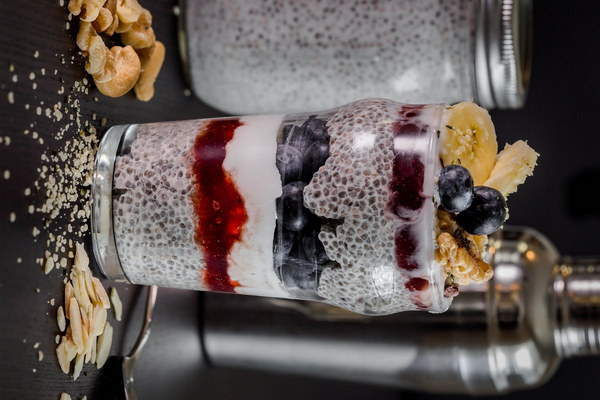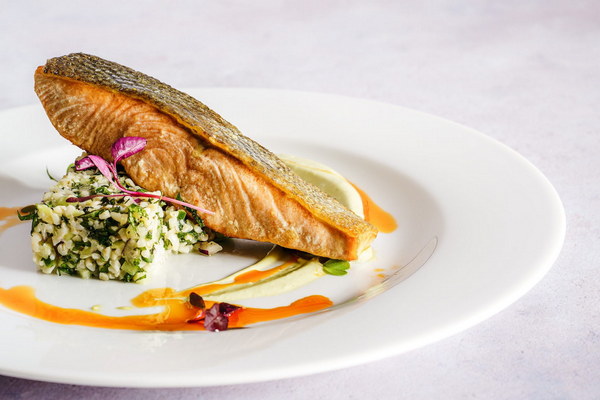Caring for Lung Cold During the Summer Traditional Chinese Practices and Modern Perspectives
Introduction:
The summer season, characterized by its hot and humid weather, can be particularly challenging for individuals with lung cold. This condition, where the lungs are prone to cold and dampness, can exacerbate symptoms such as cough, phlegm, and general weakness. This article explores traditional Chinese practices and modern perspectives on how to effectively care for lung cold during the summer.
1. Traditional Chinese Practices:
a. Diet:
According to traditional Chinese medicine (TCM), certain foods can exacerbate lung cold symptoms. It is essential to avoid cold, raw, and damp foods such as cold drinks, ice cream, raw fruits, and vegetables. Instead, opt for warm and nourishing foods like soups, porridge, and steamed vegetables. Herbs like ginger, cinnamon, and turmeric can also be beneficial in warming the body and alleviating lung cold symptoms.
b. Acupuncture and Cupping:
TCM suggests that acupuncture and cupping can help balance the body's energy (Qi) and expel cold and dampness. These treatments can be particularly effective in alleviating symptoms such as cough, phlegm, and fatigue. It is recommended to consult a licensed TCM practitioner for a personalized treatment plan.
c. Herbs and Supplements:
TCM utilizes various herbs and supplements to support lung health and alleviate cold symptoms. Some commonly used herbs include:
- Astragalus: Known for its immune-boosting properties, astragalus can help strengthen the lungs and improve overall immunity.
- Schisandra: This herb has been used in TCM to treat cough, phlegm, and respiratory issues.

- Reishi: Known for its adaptogenic properties, reishi can help regulate the body's response to stress and improve lung function.
2. Modern Perspectives:
a. Hydration:
Staying hydrated is crucial during the summer to maintain respiratory health. Drinking plenty of water helps thin mucus and prevent congestion. It is recommended to consume at least 8-10 glasses of water daily.
b. Breathing Exercises:
Practicing breathing exercises such as pranayama or diaphragmatic breathing can help improve lung function and alleviate symptoms of lung cold. These exercises can be particularly beneficial in reducing stress and enhancing overall respiratory health.
c. Humidity Control:
Maintaining a comfortable humidity level in your home or workplace can help reduce the likelihood of lung cold symptoms. Using a humidifier or air conditioner can help regulate humidity and prevent excessive dryness or dampness.
Conclusion:
Caring for lung cold during the summer requires a combination of traditional Chinese practices and modern perspectives. By following these recommendations, individuals can effectively alleviate symptoms and improve their overall respiratory health. It is essential to consult healthcare professionals, both TCM and conventional, to tailor a treatment plan that suits your specific needs.









